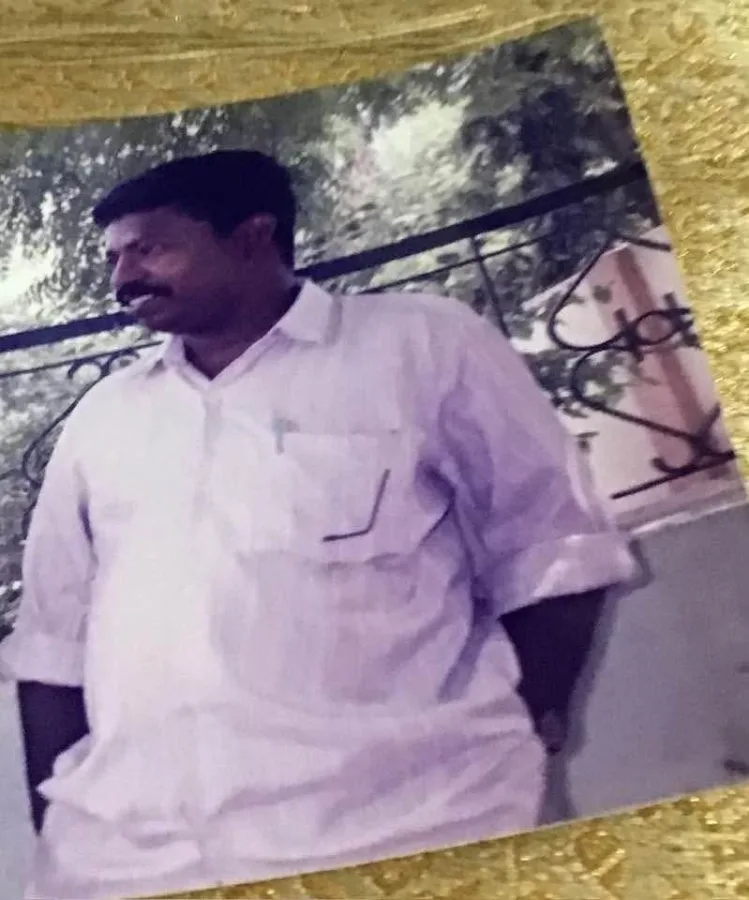Read in : தமிழ்
Prime Minister Narendra Modi’s Chennai visit may be a time to recall the roles that some Tamils played in his ascent in national politics.
Modi may have found little support among Tamil voters despite the BJP’s best efforts. But, individually, some Tamils have played a significant role in his ascension on the national stage. On the day of Modi’s Chennai visit, we can recall that his coming out as the face of the future BJP happened in Chennai, in 2008.
The L K Advani era was still on in the BJP at that time and Modi had barely stepped out of the shadows nationally. The taint of the 2002 Gujarat riots was hanging over him. But the cadres of the BJP and the Sangh were sympathetic to Modi, say scholars Walter Andersen and Shridhar Damle in their book, The RSS: A View To The Inside.
The authors say that the RSS leadership went on a national tour following the debacle in the 2009 Lok Sabha elections to gauge the views of the over 6,000 full time workers of the RSS – the pracharaks. The pracharaks are the movers and shakers of the Sangh Parivar, a grouping of the RSS and its more than 30 affiliates.
The pracharaks were of the view that Modi, who had been a fellow pracharak since the 1970s, had been unfairly treated and wrongly portrayed including by the national leadership of the BJP
The pracharaks were of the view that Modi, who had been a fellow pracharak since the 1970s, had been unfairly treated and wrongly portrayed including by the national leadership of the BJP. Based on this feedback, the RSS decided to back him for Prime Minister for 2014, which, Andersen and Damle say, was make or break for the Sangh Parivar.
Two years before the 2009 Lok Sabha elections, Modi had demonstrated his standing among the Gujarat voters for the second time after the riots. And journalist Cho Ramaswamy had invited him to the annual Thuglak magazine function in Chennai. In the afternoon, before the event, Modi had a luncheon meeting with Jayalalithaa who was the opposition leader. Cho indicated in his speech at the event that Modi was prime minister material. Columnist, chartered accountant and RSS activist S Gurumurthy was the unofficial translator at the event, sitting next to Modi.
Savitri Kannan, editor of aramonline who had been a regular contributor for Thuglak, says that Thuglak Cho’s increasingly pro-BJP stance was only natural. He recalls that ever since the 1970s, Cho’s ideology and agenda served to further the cause of the RSS. For instance, during the Janata era, Cho refused to acknowledge the seriousness of the dual membership issue roiling the party and the government. He would poke fun at it as a side story, revealing his ideological leanings, says Savitri Kannan. The Mandal issue made him an open supporter of the BJP, he adds.
Cho indicated in his speech at the Thuglak magazine event in 2008 that Modi was prime minister material
As 2G and coal scam hit the Manmohan Singh government and an anti-corruption movement was launched by Anna Hazare, the media started talking about policy paralysis in the government. At that time the decisive leadership that Modi apparently offered was presented as an alternative by the BJP.
Four years after the Thuglak event, Modi got a major boost from another Tamil – this time in the form of a report by the Special Investigation Team constituted by the Supreme Court to investigate the 2002 Gujarat riots giving a clean chit to Modi. This gave a powerful campaign theme for the BJP for 2014 as the party used the SIT’s conclusion that Modi could not be blamed for the violence nor was he culpable of not being able to control the riots. The SIT was headed by R K Raghavan, retired IPS official.
While Raghavan’s police career included a long stint in Tamil Nadu, among the newsmaking points in his career graph was his securing the camera of photographer Haribabu from the scene of Rajiv Gandhi assassination. The camera had the pictures of LTTE operatives and others that cracked open the case.
Modi’s Chennai visit today may well not make much difference to the BJP’s fortunes in the state but he has personally benefited from the roles played by people of the state.
Read in : தமிழ்











